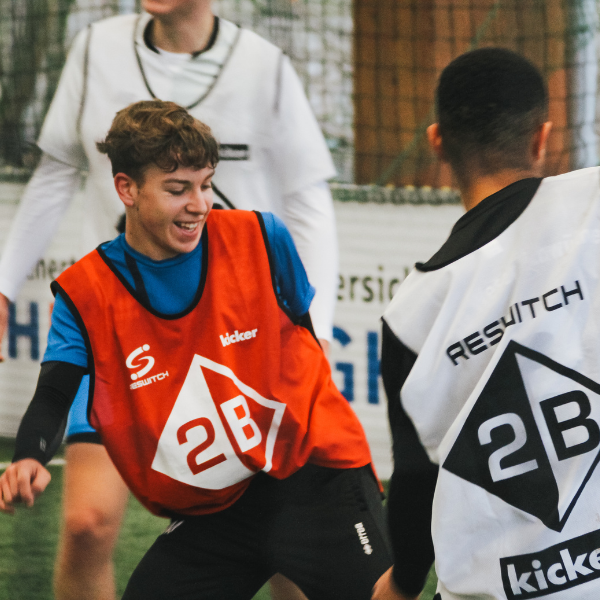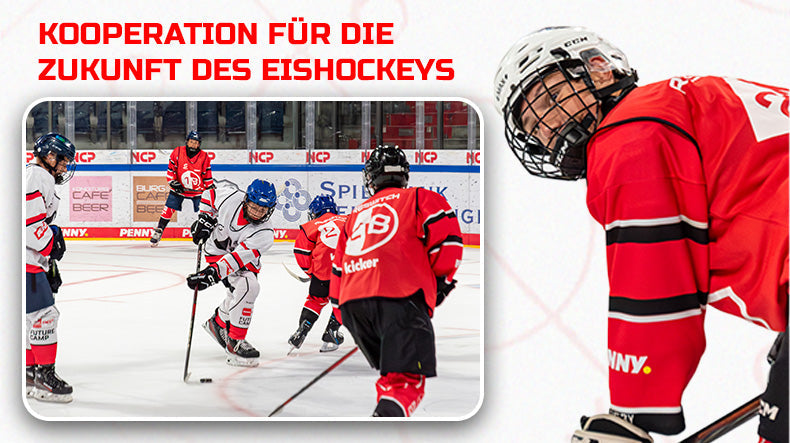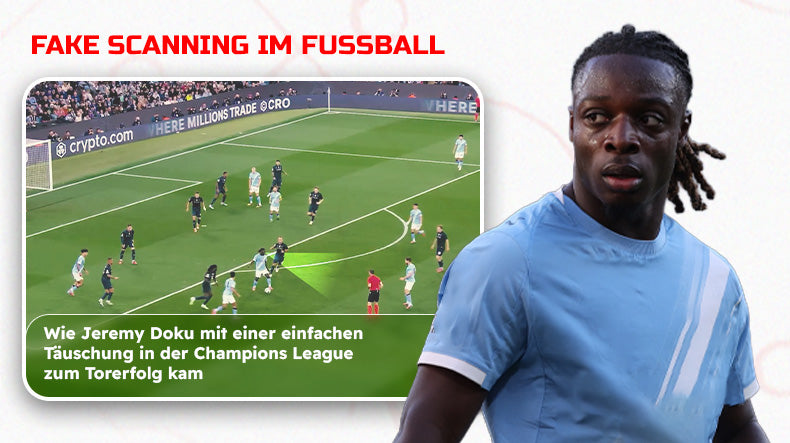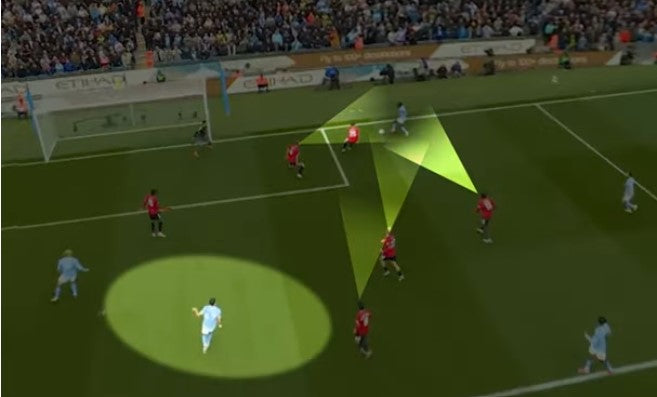5 tips to improve your coaching during the game!
Who hasn't experienced it themselves or hasn't experienced it several times during games? In the heat of the moment, we coaches shout phrases like "Boys, play football!", "More movement" or "play faster". Of course we know what that means. The players probably also know roughly what they should do better, but is that really effective?
What exactly does "Boys, play football!" mean? The problem we see is that we coaches have unthinkingly adopted these commands from our coaches or other coaching colleagues. Somehow it's logical what they mean. The game is no longer beautiful, the players are kicking the ball away too quickly, the passing is inaccurate, it takes too long to control the ball and the players should support each other again and coach each other positively. It's clear what they mean, isn't it?
These things are happening in the coach's mind, he summarizes his thoughts and wants to use this command to get the game back on track. The recipients of the command are his players. Each of these players receives this message individually, processes it with his thoughts (decodes it) and gives feedback, in this case in the form of changed playing behavior. If this playing behavior was not what the coach wanted, he sends another message and the cycle starts again!
Commands like the one above are not part of coaching, they are phrases because they are imprecise and not very meaningful, which is why this cycle will repeat itself more often.

TIP 1: Eliminate phrases and prepare the keywords with your team!
Coaching, on the other hand, is much more precise and meaningful because the players understand the message. Write down your coaching keywords on a piece of paper and define them precisely. The next task will be to define these together with your team. Talk to your team and ask them what they understand by them. They may have understood it completely differently up to now. Last but not least, integrate these jointly defined coaching points into training!
TIP 2: Coach less but more consciously
If we coach too much, we overload our players. Constant coaching also affects the creativity of the players, as they no longer make their own decisions, but are only following orders. The word is of course slightly exaggerated, but we should still pay attention to the frequency of coaching. It is better to do less, precise and understandable coaching than to do it constantly and overloading it. Concentrate on the key coaching points that you want to bring into the game and pay attention to the feedback from the players. Changes in playing behavior sometimes only occur after a few minutes. Be aware of this.
TIP 3: Request feedback from your fellow trainers
If you are interested in improving, there is no shame in asking for feedback on your coaching from your fellow coaches, even if it might be uncomfortable. Of course, you need honest feedback. The opinions of your fellow coaches are extremely important because they can give you feedback that you rarely get from your players. Was it expressed precisely and understandably? Did the players understand it and implement it? Was there too much or too little coaching? What were the gestures and facial expressions like? With these questions, you will receive immediate feedback and can draw initial conclusions.
TIP 4: Have it filmed
Have you ever thought about not (just) having the game filmed, but also yourself? Have yourself filmed during the dressing room speech and also during the game. Why? It's not just the words you say that are important, but also your gestures and facial expressions. Crossed arms during a motivational speech are not very effective, but do we even really notice that when we're speaking? During the game, too, the players keep looking at you when you call out coaching points. By recording, you can see for yourself whether the hand movements matched what you asked for and whether it seemed understandable. This TIP 4 is one of the most important for me because it gives you unfiltered feedback!
TIP 5: Constantly improve and still remain yourself
If you've read this far, it shows me that you're willing to develop further as a trainer. This is also the secret to long-term success. Soak up new knowledge, get the best out of it and apply it. The most important thing, however, is that you don't pretend and remain authentic, so apply it in your own way.
If you liked the article, let us know. Feel free to write a message for further coaching tips.
And please share this post if you think other coaches should think about it too!
Author: Tammo Neubauer










